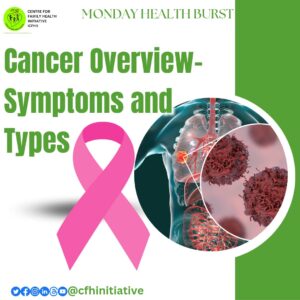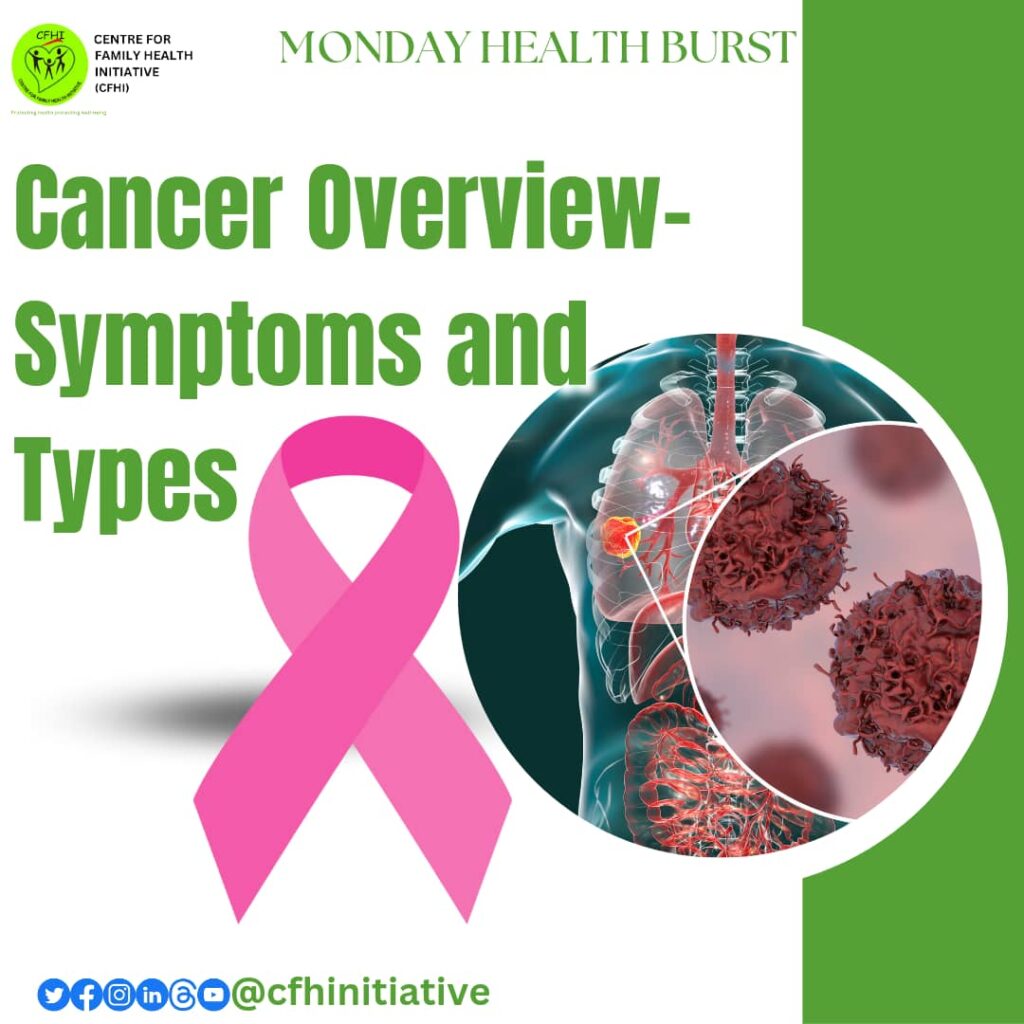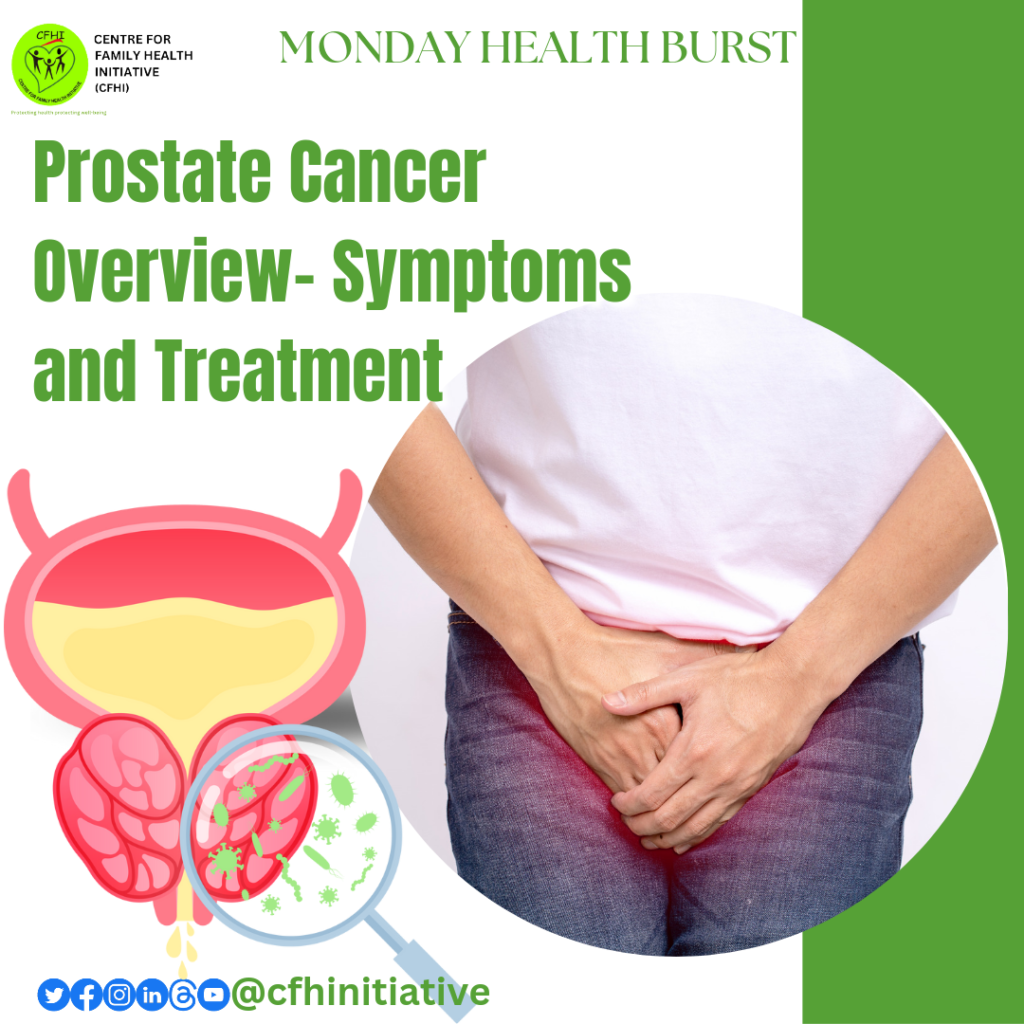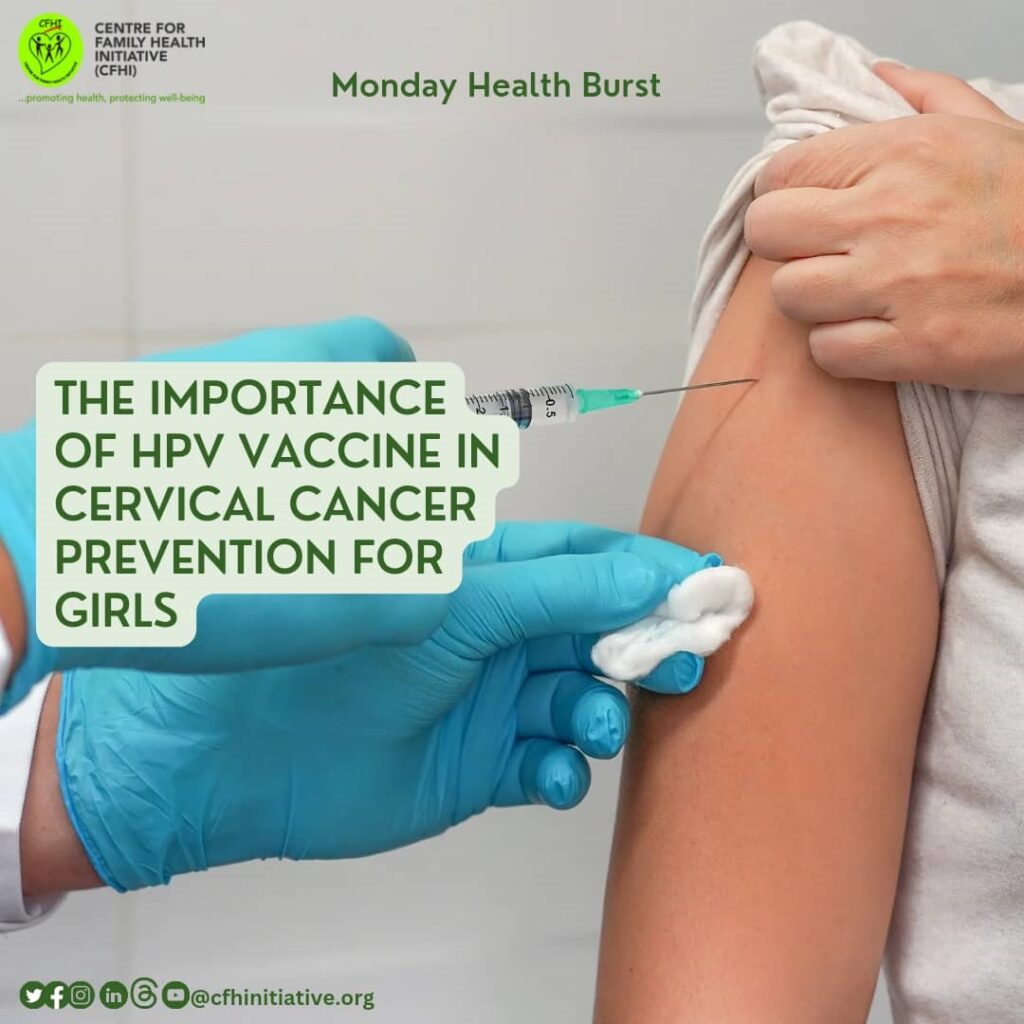Cancer is a leading cause of death worldwide, accounting for nearly 10 million deaths in 2020, or nearly one in six deaths1. Cancer is a complex group of diseases characterized by the abnormal growth of cells that invade and destroy surrounding tissues. These cells can spread to other parts of the body, leading to serious complications if left untreated. While the exact cause of cancer is often multifactorial and not fully understood, certain risk factors, such as genetics, environmental exposures, lifestyle choices, and infections, can increase the likelihood of developing cancer.
The signs and symptoms of cancer can vary widely depending on the type and location of the disease. However, some general symptoms may indicate the presence of cancer, including:
Unexplained Weight Loss: Sudden and unexplained weight loss, especially without changes in diet or exercise habits, may be a warning sign of various cancers, such as pancreatic, stomach, or lung cancer.
Fatigue: Persistent fatigue or weakness that does not improve with rest can be a symptom of many types of cancer, as the body’s energy resources are diverted to fighting the disease.
Changes in Bowel or Bladder Habits: Changes in bowel or bladder habits, such as blood in the stool or urine, prolonged constipation or diarrhea, or changes in urinary frequency, can be indicative of colorectal, bladder, or prostate cancer.
Persistent Pain: Chronic pain that does not resolve with usual treatments or persists beyond the expected healing time may signal the presence of cancer, especially if it is localized to a specific area or worsens over time.
Lumps or Abnormalities: The presence of lumps, bumps, or swelling in the body, particularly in the breast, testicles, lymph nodes, or other soft tissues, should be promptly evaluated by a healthcare professional, as they can be early signs of cancer.
Changes in Skin: Changes in the size, shape, color, or texture of moles, freckles, or skin lesions, as well as the development of new growths or sores that do not heal, should be examined by a dermatologist to rule out skin cancer.
There are over 100 different types of cancer, each with its own unique characteristics, risk factors, and treatment approaches. Some common types of cancer include2:
Breast Cancer: Breast cancer forms in the cells of the breast tissue and can occur in both men and women. It is often detected through breast self-exams, mammograms, or clinical screenings.
Lung Cancer: Lung cancer develops in the tissues of the lungs and is strongly associated with smoking, although non-smokers can also develop the disease. Symptoms may include persistent cough, chest pain, and difficulty breathing.
Colorectal Cancer: Colorectal cancer affects the colon or rectum and typically develops from precancerous polyps. Screening tests such as colonoscopies can detect early-stage disease when treatment is most effective.
Prostate Cancer: Prostate cancer occurs in the prostate gland of men and is one of the most common cancers in males. Screening tests such as prostate-specific antigen (PSA) tests and digital rectal exams can help detect prostate cancer in its early stages.
Skin Cancer: Skin cancer develops in the cells of the skin and is often caused by exposure to ultraviolet (UV) radiation from sunlight or tanning beds. Early detection and treatment are crucial for preventing the spread of skin cancer to other parts of the body.
Cancer is a formidable adversary that requires a comprehensive understanding of its symptoms and types to facilitate early detection, diagnosis, and treatment. By recognizing the warning signs of cancer and undergoing regular screenings, individuals can take proactive steps to protect their health and improve their chances of survival. Additionally, ongoing research and advancements in cancer treatment offer hope for more effective therapies and improved outcomes for cancer patients in the future.
Monday Health Burst is an initiative of CFHI to address issues of basic health concern. Join us every Monday on all our social media platforms for more episodes.

References
1 – https://www.who.int/news-room/fact-sheets/detail/cancer
2 – https://www.healthdirect.gov.au/cancer



